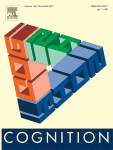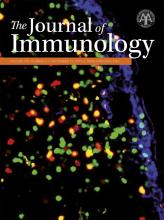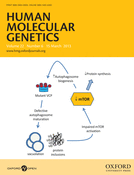
A university in Japan dismissed a researcher earlier this month after a probe uncovered evidence of image falsification in several of his papers.
The immunology researcher, Masashi Emoto, denied any wrongdoing. He has said that the experiments in question were performed by another researcher and “he was not responsible” for the falsification.
In 2013, Emoto filed a suit against Gunma University, in which he claimed another researcher possessed the raw data for the experiments in question. Emoto requested those documents be returned to him. However, the court determined that Emoto possessed the raw data.
According to the report — released by Gunma University on October 11 — without the raw data, the university could not prove Emoto committed the misconduct. However, the university determined that, as the corresponding author on the four papers, Emoto was responsible for the work.
According to our English version of the report, which we translated from Japanese using One Hour Translation, the committee concluded: Continue reading Researcher dismissed from university for suspected misconduct denies responsibility



 A social psychologist has retracted a second paper that contains “fabricated or manipulated data.”
A social psychologist has retracted a second paper that contains “fabricated or manipulated data.”
 Two journals have retracted papers by a biologist who was
Two journals have retracted papers by a biologist who was 

